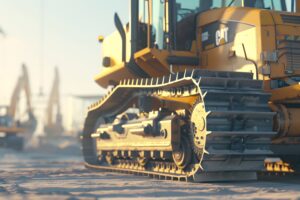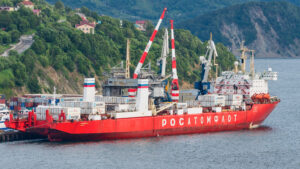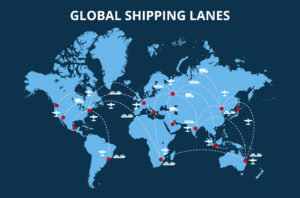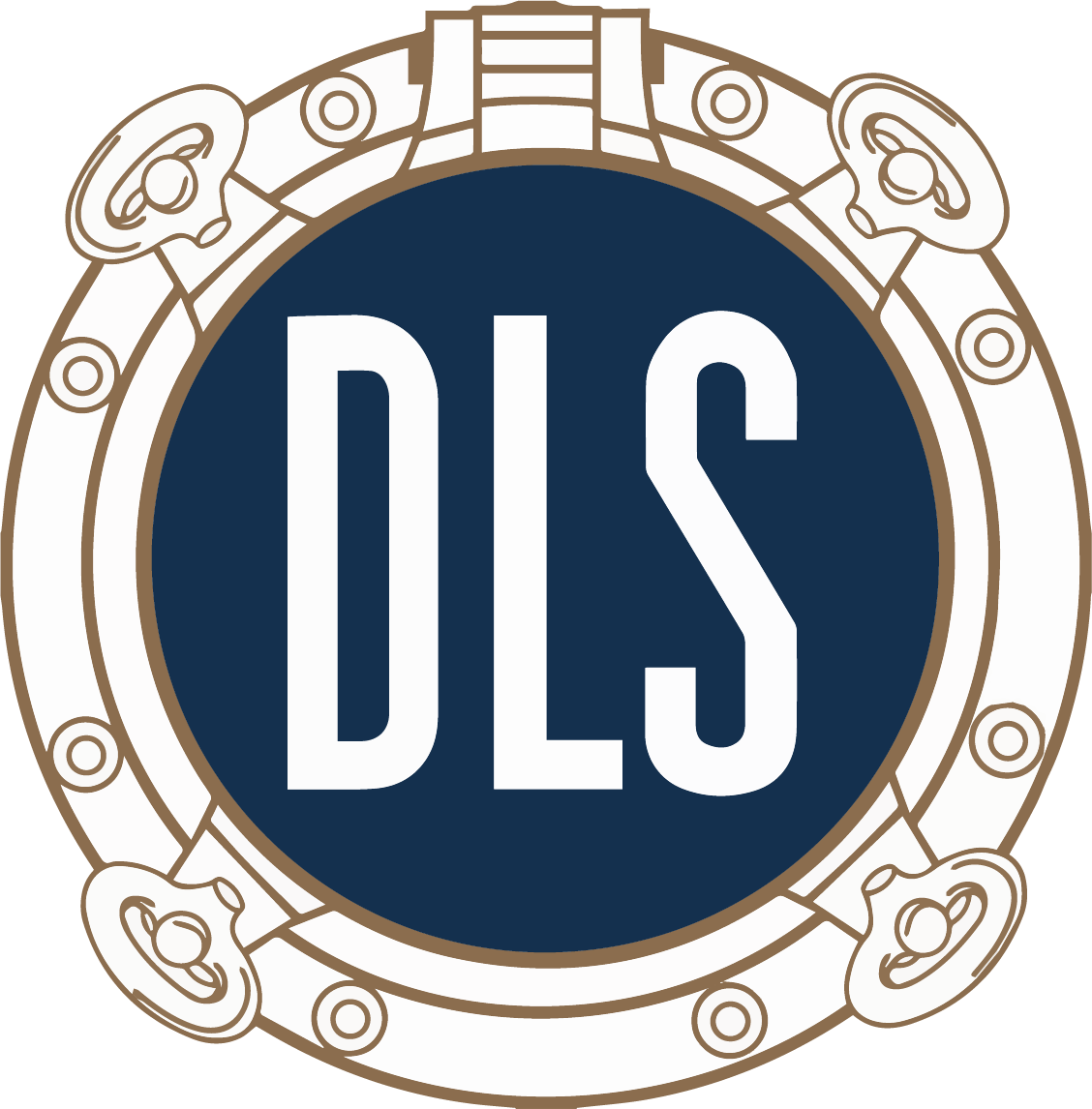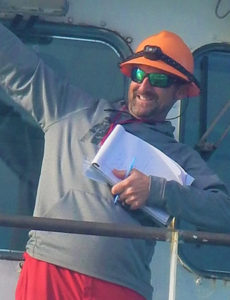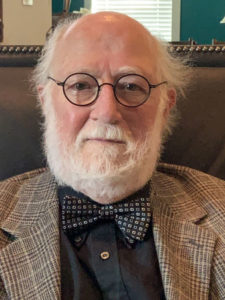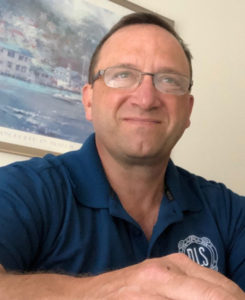- June 10, 2020
- Industry
- Today it’s Cash Flow. Tomorrow Oil Flow?
SIR, YOUR CARD IS MAXED OUT
On an adjusted dollar value basis oil hasn’t been this cheap in over thirty years. Fuel is the biggest single expense for vessel operators so this should be a blessing. Even the shock of IMO 2020 low sulfur fuel regulations have been greatly softened with the difference between high sulfur and low sulfur fuels dropping to a small gap. Only in today’s economic climate it is not the blessing it could be.
It doesn’t matter what bunker fuel costs if you can’t buy it.
With the battered world economy maritime industry, be it operators of the largest container ships, an ocean going tug, or a local fisherman, cash flow is needed to buy the fuel to run the ship. But petroleum is a cash product. Cash on delivery – from the refinery to a transporter or from a fueling site/barge to an end user. You don’t get the fuel unless you have laid down the cash.
For some end users it is actual cash, but for most national or international users it is through bank transfers which may depend on credit ratings dependent on a company’s financial health or lack of health.
At a time when lenders may already have to worry about their asset-based loans, they may also have to worry about whether the customer can run the vessel if it gets work.
INTO THE CRYSTAL BALL
The American Bureau of Shipping (ABS) has produced a study “LOW CARBON SHIPPING OUTLOOK” which opines on shipping’s compliance with the IMO guidelines for 2050. Of particular interest might be the graphs showing the make-up of the world fleet into the future, the type fuel they will be using and the commodities they will be carrying.
The ABS study, and several others I’ve read, believe that LNG will be the fuel of the future, but just of the near future. Say 20 years, the lifetime of vessels being designed and built now. The problem is that LNG, when looked at in the overall picture, including its production, is not as clean as other products. Hydrogen is the longer term future and larger hydrogen fuel cells are being designed and built. The ABS report I noted above also shows ammonia being the future along with hydrogen. I was originally surprised by ammonia being a growth fuel as I think of it as being very dangerous to humans and requiring special handling. Fine to power an ammonia tanker which already has ammonia on board and can use the boil off as fuel for its diesel engine.
But some deeper diving into the world of chemistry, a scary world for this brain, I learned that ammonia can be a cheap and easy way to produce more hydrogen for fuel cells. But the production of ammonia produces a large output of CO2. There are now a number of trial plants around the world that are using solar or wind power to produce ammonia then hydrogen through water electrolysis. I will be trying to learn more about that as I do believe hydrogen fuel cells will be a major source of power for many industries and modes of transportation in the future.
One benefit of having so many experienced surveyors in the field is having constant feedback on what is going on onboard the vessels, at the docks, and in the shipbuilding and repair yards. This daily interface with the maritime front lines is of great immediate value in understanding the markets, which is useful in DLS’s appraisal work and for helping underwriters and owners on repair costs. At the same time, we continue research to try to understand what we and our customers may be dealing with in the future. Future articles will try to look at what the industry might look like in the next decade as new technology takes hold, and what the new technology might mean to vessel designs.

